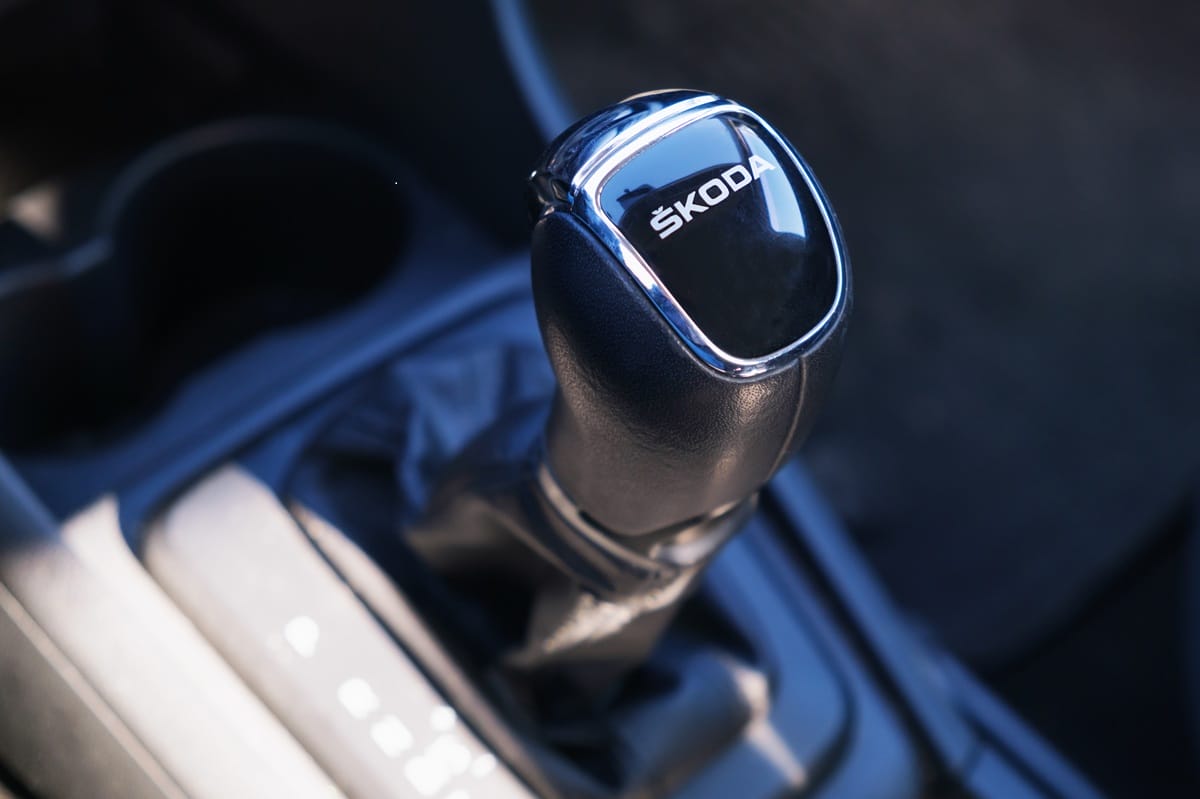Mechanical problems with your car can manifest in a variety of ways. It’s usually pretty obvious and can involve clunky engine sounds, puffs of smoke, warning lights, or a failure of the engine to start. Another telltale sign is when your car smells like rotten eggs, which typically indicates issues such as a malfunctioning catalytic converter or problems with the fuel system. It’s important to address these odors promptly as they can signify serious mechanical failures.
However, sometimes there are more subtle signs of mechanical trouble that aren’t so obvious, and you may find yourself asking the question: why does my car smell like rotten eggs?
If your car smells like rotten eggs, this is typically a sign of a malfunctioning or failing part in the vehicle’s system.
The Most Common Culprits When Your Car Smells Like Rotten Eggs :
- Broken catalytic converter
- Faulty fuel pressure sensor
- Old transmission fluid
- Forgotten food or groceries
- Dead animals
Broken catalytic converter
This is by far the most common cause of a rotten egg smell in your vehicle. When everything is working properly with your car’s catalytic converter it converts toxic chemicals into harmless H2O compounds—in other words, water or steam.
Over time, though, harmful chemicals and petrol can start to clog up portions of the catalytic converter, and when that happens it can’t convert the way it needs to. When the catalytic converter becomes clogged, instead of turning hydrogen sulfide exhaust gases into water or steam, it instead turns it into sulfur dioxide, which results in the rotten egg smell.
Faulty fuel pressure sensor
Another common problem that may be occurring when you’re noticing a rotten egg smell coming from your vehicle is that a faulty fuel pressure sensor is sending too much petrol into the system. This can then clog up your catalytic converter as it can only process so much at once.
This is often the case if you notice the odour before the catalytic converter should be nearing the end of its life, which is about ten years or 300,000km. Unfortunately, even if the diagnosis is a bad fuel pressure sensor, you’ll also need to replace the catalytic converter as that is where the damage has been done, along with the resulting smell.

Old transmission fluid
If you drive an older vehicle, especially a manual, you’ll need to replace the transmission fluid every once in a while. The exact service intervals are laid out in your owner’s manual, but if you don’t change it when you should, it can wear out seals and start to seep into places it shouldn’t be.
When this happens, it can result in a wide range of smells, and sometimes it can be described as rotten eggs or sour milk. If this is happening to your vehicle you’ll need to drain and then replace the transmission fluid. There’s also a good chance you’ll need to replace some gaskets or seals to avoid the new fluid leaking out.
Forgotten food or groceries
So far we’ve looked at a few mechanical issues that can lead to a rotten egg smell in your car, but sometimes it can be as simple as a bit of food spillage somewhere inside. Kids aren’t known to be the tidiest of people so there’s always the chance it’s just some spilled milk on the floor or a bit of banana peel. In fact it could even be a rotten egg, somehow!
Dead animals
It’s a bit on the gruesome side, but rotten egg smell can sometimes actually be decomposing animal matter.
Small animals such as mice and rats can find their way into all sorts of nooks and crannies, such as the engine bay, exhaust system, air conditioning ducts and even the interior. Especially during the colder months, they often creep into these spaces as they can be nice and warm. The problem is that when the car starts it usually kills whatever small animal may be tucked away in there. As the animal decomposes the rotten sulphuric smell gets into the car and can be quite unpleasant.

What can I do?
If your car smells like rotten eggs the first thing you should try and do is pinpoint the origin of the smell. If it is a result of a dead animal or rotten food scraps then it should be possible to locate it and resolve the problem yourself. If you can’t find the source then it’s likely to be one of the mechanical issues listed above, in which case you’ll need to take it to a licensed mechanic to get sorted out.
If you’re looking for that ‘new car smell’ then get down to your nearest Skoda dealership and check out the latest range of 2022 models, including the all new Skoda Kamiq. Book yourself in for a test drive and experience it for yourself.







